Portuguese Activists Detained by Israel to Return Home
Four Portuguese citizens who participated in the Global Sumud Flotilla and have been detained in Israel since Thursday are expected to return to Portugal this Sunday, according to an official government source who spoke to Lusa. The Ministry of Foreign Affairs (MNE) is awaiting definitive confirmation by mid-afternoon today.
Government Efforts and Procedures
"The Ministry of Foreign Affairs organized and handled all procedures so that the national citizens who joined the flotilla can return to Portugal, if all goes well, still today," the same source stated. The MNE emphasized that "the definitive confirmation that everything went as planned is expected by mid-afternoon today." However, the final confirmation will only be given "at the moment when all are inside the airplane," as per the procedure used by Israeli authorities in other cases involving activists of other nationalities.
Details of the Detention
The detainees include Mariana Mortágua, coordinator of the Left Bloc, actress Sofia Aparício, and activists Miguel Duarte and Diogo Chaves. They were detained from Wednesday to Thursday night when Israeli forces intercepted most of the vessels of the Global Sumud Flotilla, which aimed to deliver humanitarian aid to the Gaza Strip.
Along with over 450 activists of various nationalities, the Portuguese citizens were taken by Israeli authorities to a detention center in the Negev Desert, in southern Israel.
Health and Conditions
Portuguese ambassador in Tel Aviv, Helena Paiva, visited the Portuguese detainees on Friday and reported they were "in good health" but had raised "several complaints." These complaints prompted an immediate protest from the diplomat to Israeli authorities and a protest from the Minister of State and Foreign Affairs, Paulo Rangel, to the Israeli ambassador in Lisbon, Oren Rozenblat.
The MNE noted that the activists "were not subjected to physical violence" but faced "difficult and harsh conditions upon arrival at the port of Ashdod [where they were taken after the Israeli intervention at sea] and at the detention center," and were "for a considerable time" without water and food.
Political Reactions
Prime Minister Luís Montenegro expressed hope that the Portuguese citizens can return to the country "without any incident," considering that the message of the humanitarian flotilla was conveyed.
Describing itself as "peaceful," the flotilla stated it wanted to "break the blockade of Gaza" and provide "humanitarian aid to a besieged population facing hunger and genocide."
Israeli Government's Stance
The Israeli government has repeatedly condemned initiatives like the flotilla, accusing activists of being supported by the Palestinian Islamist movement Hamas. Itamar Ben Gvir, Israel's far-right National Security Minister, visited the activists at the port of Ashdod and called them "terrorists" and "supporters of terrorism," urging Prime Minister Benjamin Netanyahu to keep them detained "for a few months" instead of proceeding with their deportation.
Broader Context of the Conflict
The war declared by Israel on October 7, 2023, in Gaza to "eradicate" Hamas—following an attack on Israeli territory with about 1,200 dead and 251 hostages—has so far resulted in over 66,000 deaths and at least 170,000 injuries, mostly civilians, according to updated figures from local authorities deemed reliable by the UN.
It has also led to thousands of missing persons, buried in rubble and scattered in the streets, and several thousand more who died from diseases, infections, and hunger caused by over two months of blocked humanitarian aid and the subsequent trickle of supplies distributed at points considered "safe" by the army, which regularly opens fire on hungry civilians, having killed 2,597 and injured over 19,000 so far.
The UN has long declared the territory in a severe humanitarian crisis, with over 2.1 million people in a "catastrophic hunger situation" and "the highest number of victims ever recorded" by the organization in studies on food security worldwide. On August 22, it issued an official declaration of famine in Gaza City and surrounding areas.
By the end of 2024, a special UN commission accused Israel of genocide in Gaza and using hunger as a weapon of war, a situation also denounced by countries like South Africa at the International Court of Justice (ICJ), and a classification similarly used by international human rights defense organizations—an accusation that Israel denies.

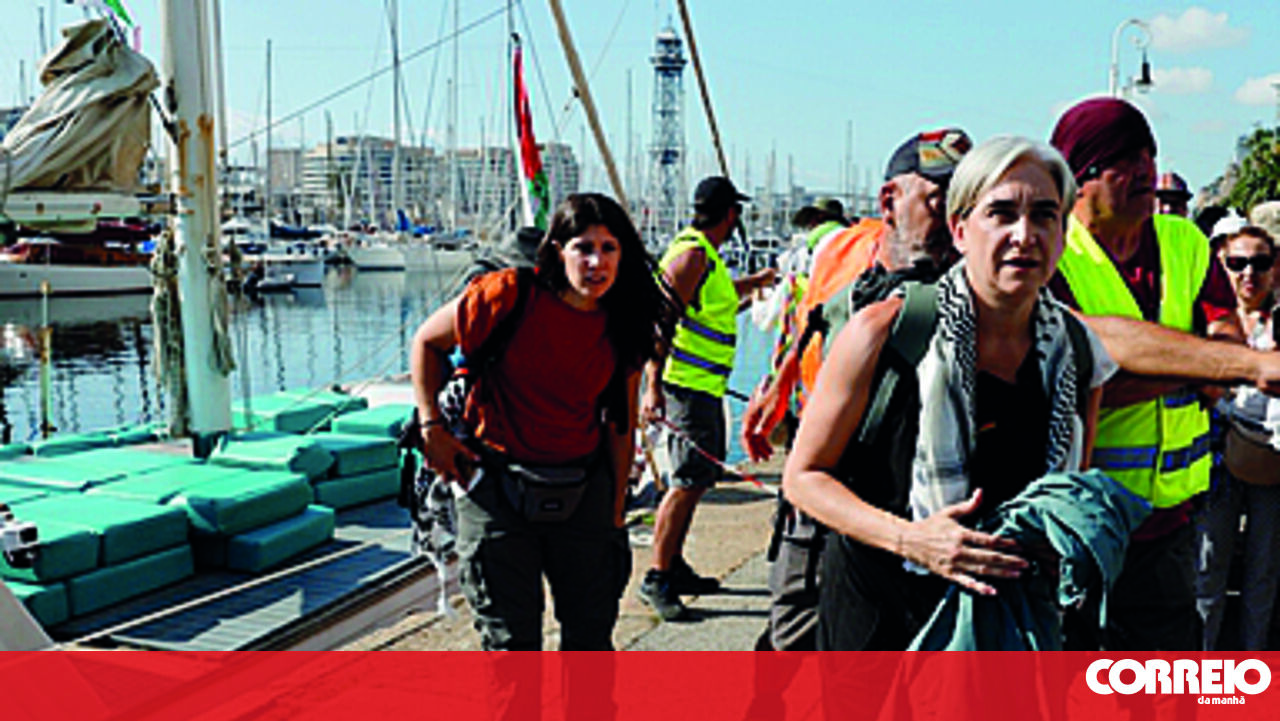

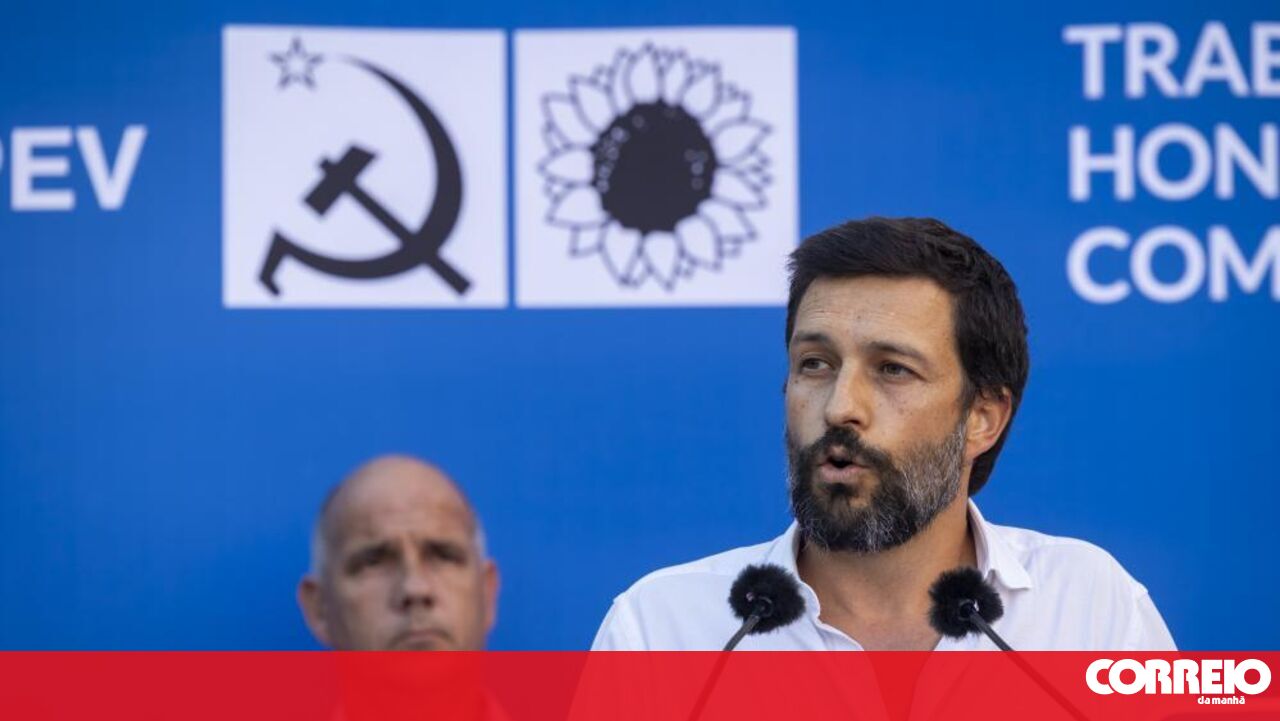


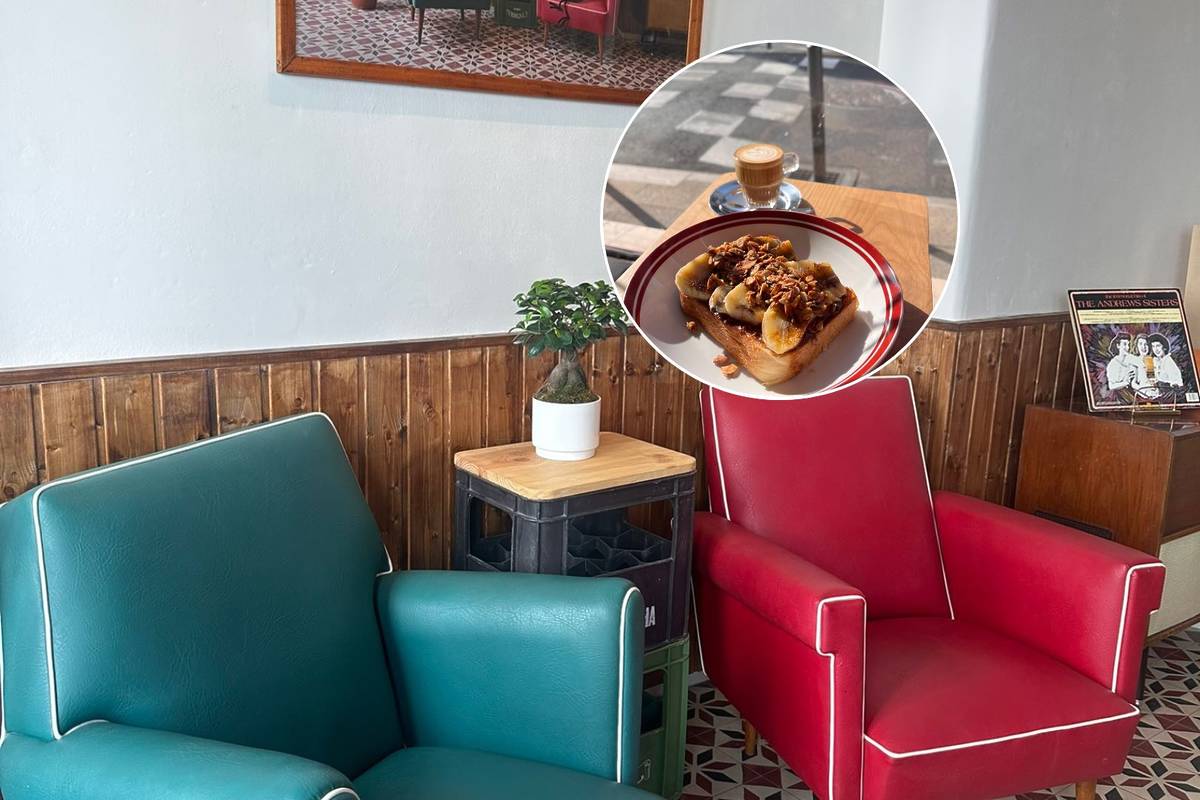
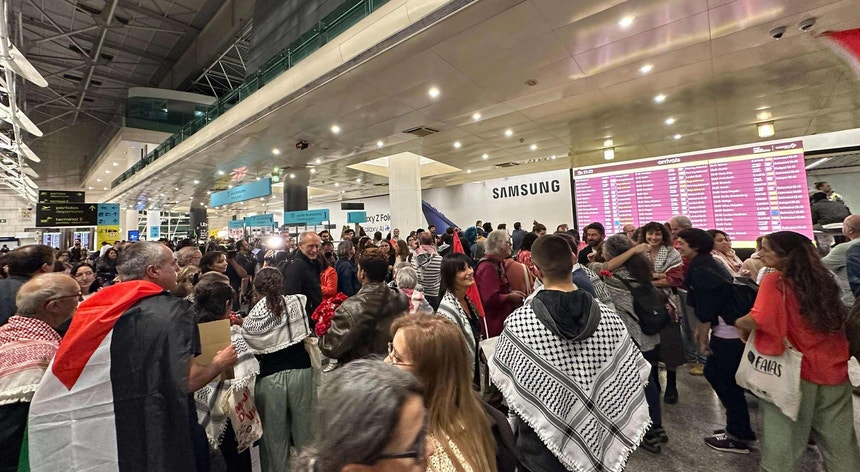



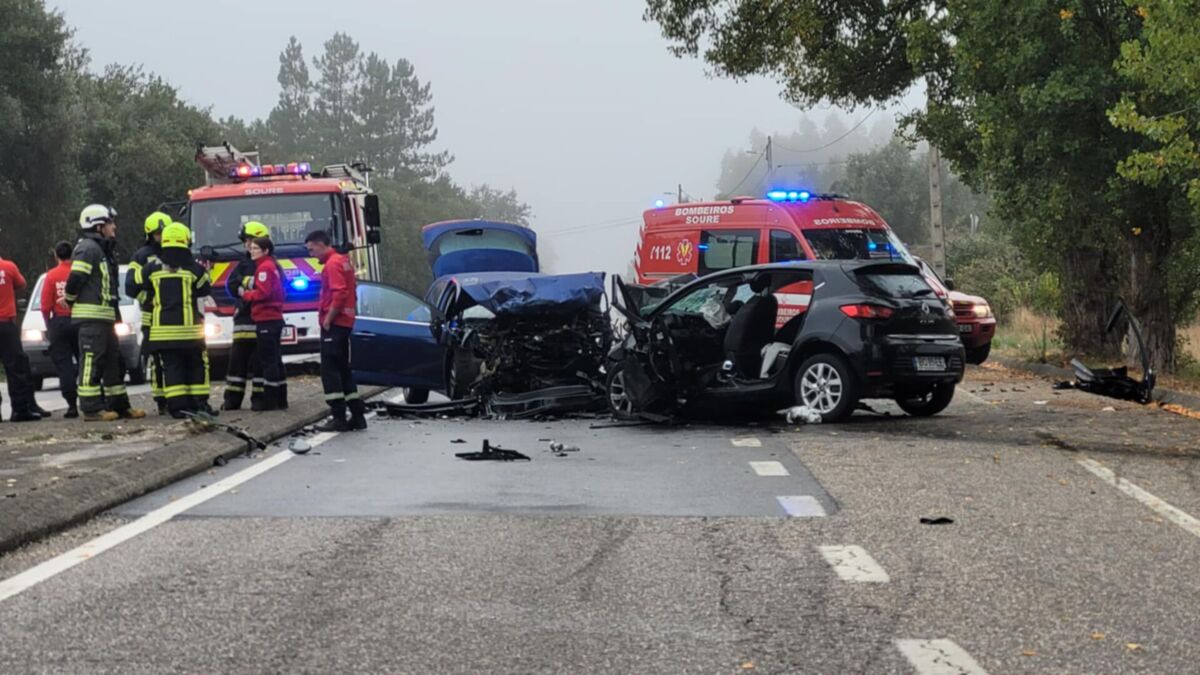



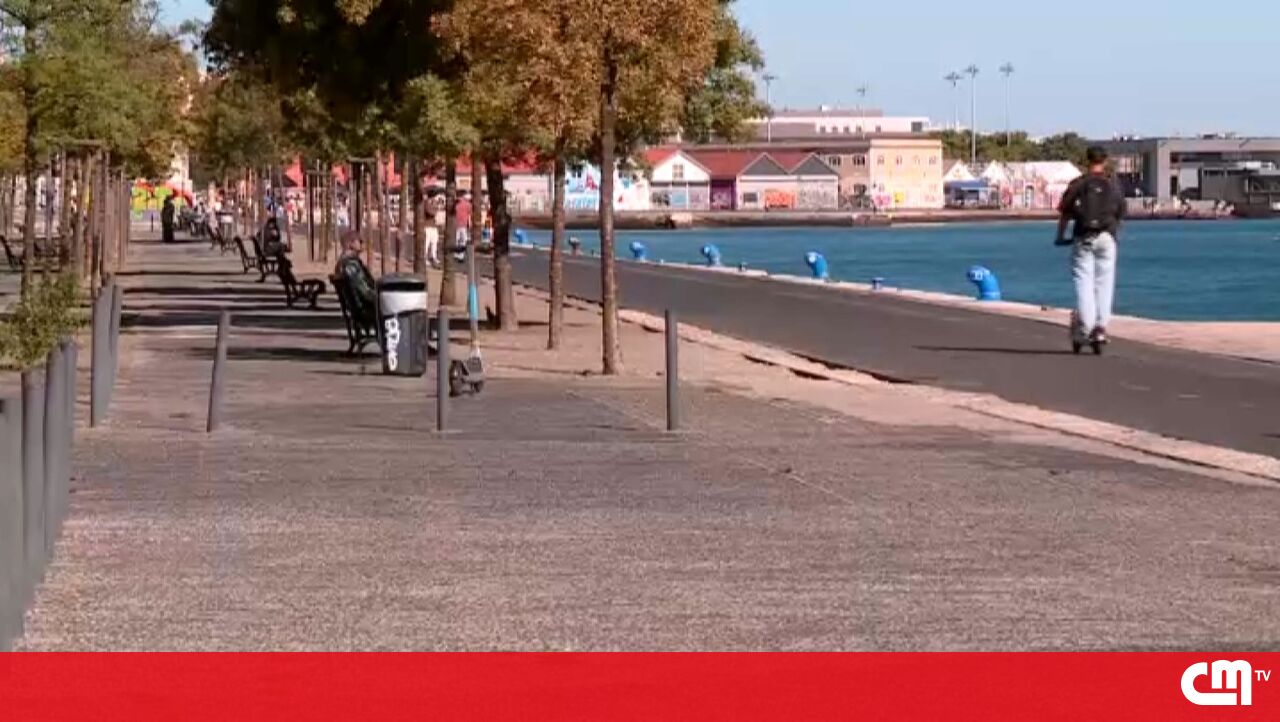

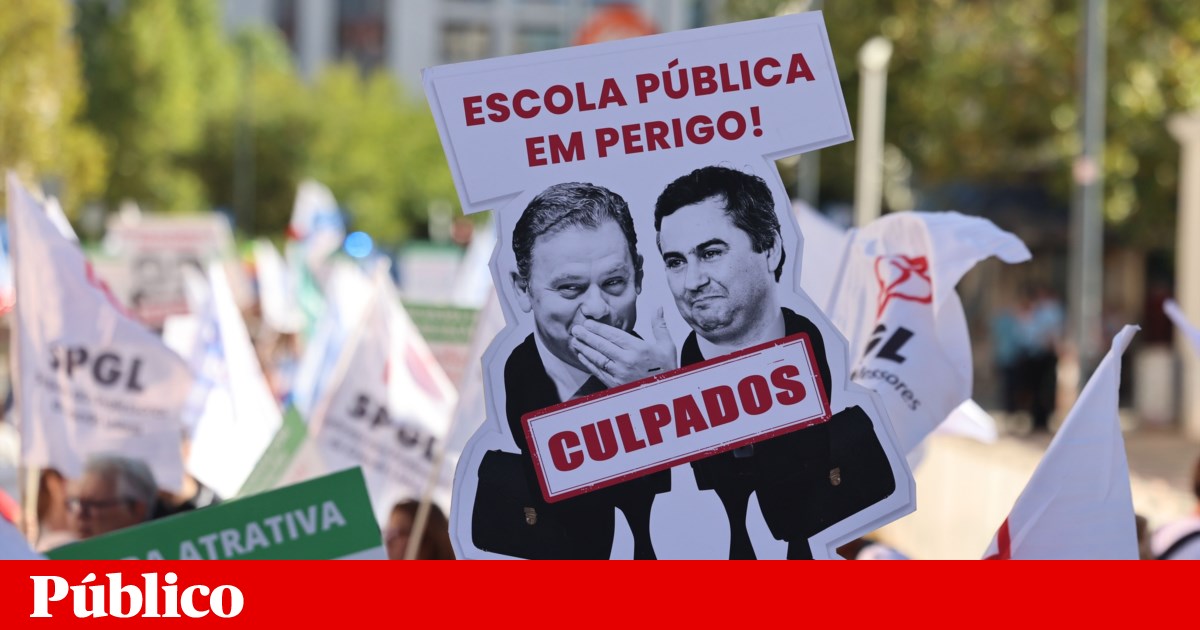
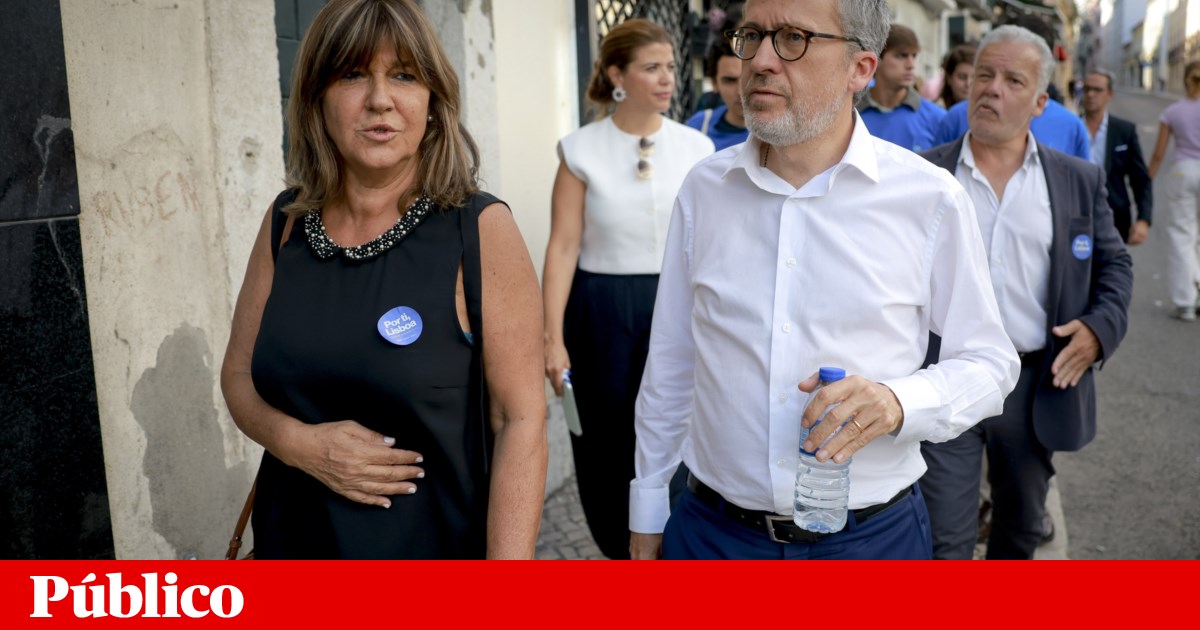
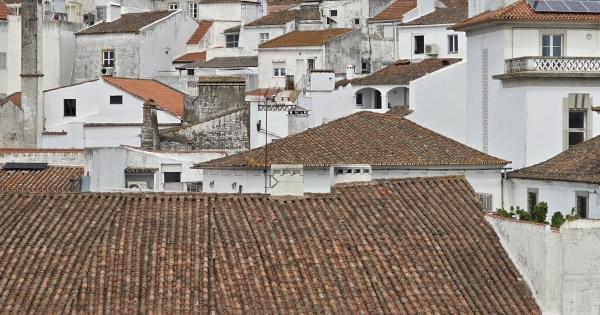
Comments
Join Our Community
Sign up to share your thoughts, engage with others, and become part of our growing community.
No comments yet
Be the first to share your thoughts and start the conversation!